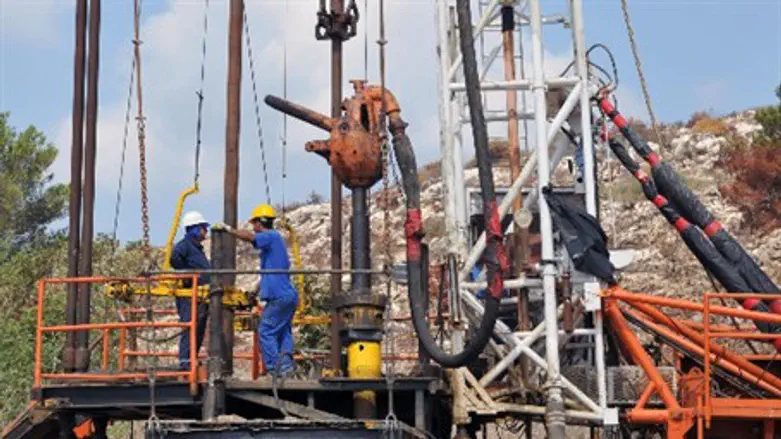
Iran will introduce over 50 new oil exploration and production contracts in the near future, the head of the country's oil contracts re-negotiation team told a conference in London on Tuesday, according to AFP.
Seyed Mehdi Hosseini, whose country is seen as a major untapped energy producer, announced a "new chapter of cooperation" with the international oil industry at the "Oil and Money" conference.
Under a July agreement with Britain, France, Germany, Russia, China and the United States, Iran agreed to limit its nuclear program in exchange for the lifting of international sanctions imposed on its economy, including on the oil sector.
The new contracts will be launched at a conference in Tehran in November, and then in London in February.
Details about the projects were not released, but incentives for international investors should be better than those available in Iraq or Mexico, according to Fereidun Fesharaki, chairman of energy consulting group FGE.
"Opportunities in Iran are endless," Fesharaki said.
Energy sector companies and businesses from other sectors have travelled to Iran to seek market opportunities since the agreement to lift sanctions, but many investors remain cautious.
"Iran holds potentially interesting promises and perspectives. We have to see how the market will develop," said Shell Chief Executive Ben Van Beurden.
"At this point in time it is premature to say, let's wait and see what the conditions are."
In the months after sanctions are lifted, Iran could increase its oil production by 500,000 barrels per day, according to Hosseini.
France recently opened a business development office in Tehran seeking to renew once-strong economic ties with Iran after the July 14 nuclear deal.
Since the deal was signed, several European countries have reached out to Iran in an attempt to restore economic and diplomatic ties.
Austrian President Heinz Fischer recently travelled to Tehran, where he met Supreme Leader Ayatollah Ali Khamenei, President Hassan Rouhani and Foreign Minister Mohammad Javad Zarif, and also attended an economic conference on Iranian-Austrian relations.
German Foreign Minister Frank-Walter Steinmeier said he plans to travel to Iran in October, the latest sign that Europe's largest economy wants to quickly rebuild economic and political ties with the Islamic Republic.
Steinmeier's visit follows a three-day trip over the summer by Economy Minister Sigmar Gabriel, who became the first senior figure from a large Western government to visit Tehran since it struck a landmark nuclear agreement with world powers.
